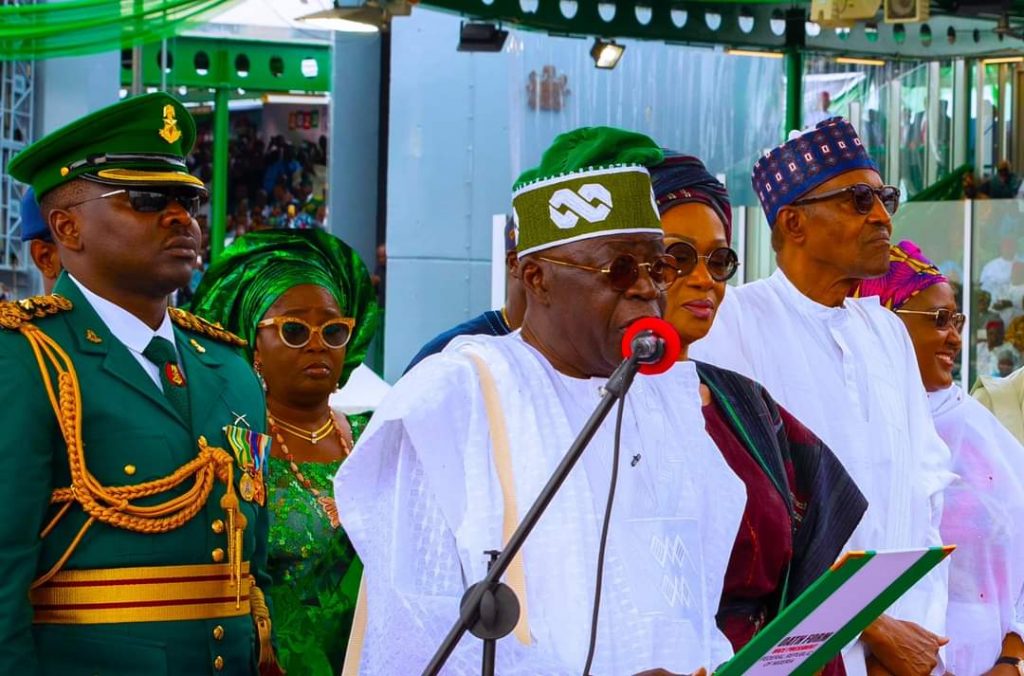Despite the fact that the current democratic dispensation in Nigeria is in its 24th year, the country is still far in its journey to achieve enviable democratic status. Its rather slow pace in strengthening institutions of democracy can be blamed for its entrapment in the morass of economic and technological backwardness. Is there not a nexus between the quality of political leadership obtainable in a country and that country’s level of national development? The stark and indisputable fact is this: only competent, visionary, and patriotic political leaders can drive the developmental initiatives in their respective countries and steer their countries to greatness.
Since the inception of the fourth republic, legislative, gubernatorial, and presidential elections results have always been challenged in courts. Even before then, in the second republic, the declaration of Alhaji Shehu Shagari as the winner of the 1979 presidential election was contested in court. So, it is evident that election rigging is yet to be rooted out from our democratic culture.
Instituting a true democratic culture will be largely impossible with the way corruption is pampered and nurtured in the country. Here, good is perceived as bad; and bad as good owing to the erosion of family values among Nigerians. The positive morality-code, which used to guide our people has been upturned. As a result, a great majority of Nigerians now justify that the end justifies the means.
So, the first step of strengthening democracy in Nigeria will begin with moral rearmament and regeneration, which can enable them to resist the allurement of material inducement while performing official duties. For example, a morally upright electoral officer will be an asset to democracy.
Likewise, the political class must respect the principle of separation of powers. The three arms of government: the executive, the judiciary, and the legislature must be independent while checking the excesses of one another as required by the Law. The checks and balances inherent in the presidential system of government guard against the emergence of civilian dictators in many countries that practise the presidential system of government like Nigeria.
The independence of the judiciary seems to be the most critical to the survival of our country’s democracy. To guarantee its independence, the employment, remuneration, and regulation of judges should be performed by a body other than the executive arm of government. When the independence of the judiciary is guaranteed, judges will no longer follow the dictates of the president or state governors neither will they try to ingratiate themselves with political leaders for pecuniary benefits and other considerations.
There are very important needs for these urgent steps to be taken to strengthen the democracy in Nigeria. This will help to sustain this democracy in Nigeria as there is no other better option for a pluralistic society like ours. Democracy in Nigeria is twenty-four today, but can only turn thirty, fifty or even hundred if we begin to take urgent, deliberate and necessary steps to protect it.
Written by CHIEDU OKOYE





Comments are closed for this post.